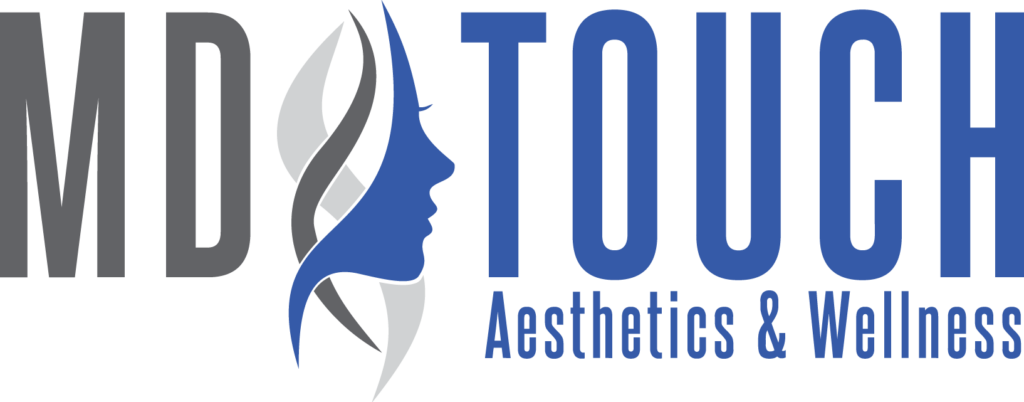- Mon - Fri: 8:30 AM - 5:00 PM
- (954) 960-6321
- 8884 Royal Palm Blvd, Coral Springs, FL 33065
Unveiling the Power of Glutathione Supplements: A Comprehensive Guide to Health and Wellness

In the pursuit of optimal health and well-being, individuals are turning their attention to a remarkable antioxidant known as glutathione. This powerful tripeptide, composed of three amino acids – cysteine, glutamic acid, and glycine – plays a crucial role in maintaining the body’s overall health. While the body produces its own glutathione, the interest in glutathione supplements has surged in recent years. This blog aims to explore the benefits, sources, and considerations associated with glutathione supplementation.
Understanding Glutathione:
Glutathione is often referred to as the body’s “master antioxidant” due to its ability to neutralize free radicals, reduce oxidative stress, and support the immune system. This endogenous antioxidant is naturally synthesized within the body, primarily in the liver. However, various factors such as aging, stress, pollution, and certain medical conditions can deplete glutathione levels.
Benefits of Glutathione Supplements:
Antioxidant Defense:
Glutathione acts as a potent antioxidant, protecting cells from damage caused by free radicals. This helps prevent premature aging and supports overall cellular health.
Detoxification:
The liver relies on glutathione for detoxification processes, assisting in the elimination of toxins, heavy metals, and harmful substances from the body.
Immune System Support:
Glutathione plays a pivotal role in supporting the immune system by enhancing the function of immune cells. This can contribute to a strengthened defense against infections and diseases.
Skin Health:
Many individuals turn to glutathione supplements for potential skin benefits, including skin lightening and anti-aging effects. However, the evidence on these cosmetic benefits is still a subject of ongoing research.
Sources of Glutathione:
Dietary Sources:
Certain foods can help boost glutathione levels, including sulfur-rich vegetables (garlic, onions, broccoli), fruits (avocado, watermelon), and lean proteins (fish, poultry).
N-Acetylcysteine (NAC):
NAC is a precursor to glutathione and is commonly used in supplements to increase the body’s glutathione production.
L-Glutathione Supplements:
Direct supplementation with L-glutathione is another popular option. However, the absorption of oral glutathione is debated, and some studies suggest that it may be more effective through other delivery methods.
Considerations and Cautions:
Bioavailability:
The bioavailability of oral glutathione supplements is a point of contention. Some studies suggest that intravenous or liposomal formulations may be more effective in raising glutathione levels.
Dosage:
Optimal dosage can vary among individuals. It’s crucial to consult with a healthcare professional to determine the appropriate dosage based on individual health needs.
Quality of Supplements:
When choosing glutathione supplements, choose reputable brands that adhere to quality standards. This ensures the purity and potency of the product.
While the benefits of glutathione supplementation are promising, it’s essential to approach it with a well-informed perspective. Consulting with a healthcare professional and focusing on a balanced diet that includes glutathione-boosting foods are integral parts of a comprehensive approach to health. As research in this field continues to evolve, the true potential of glutathione supplements in promoting overall well-being will become clearer.





